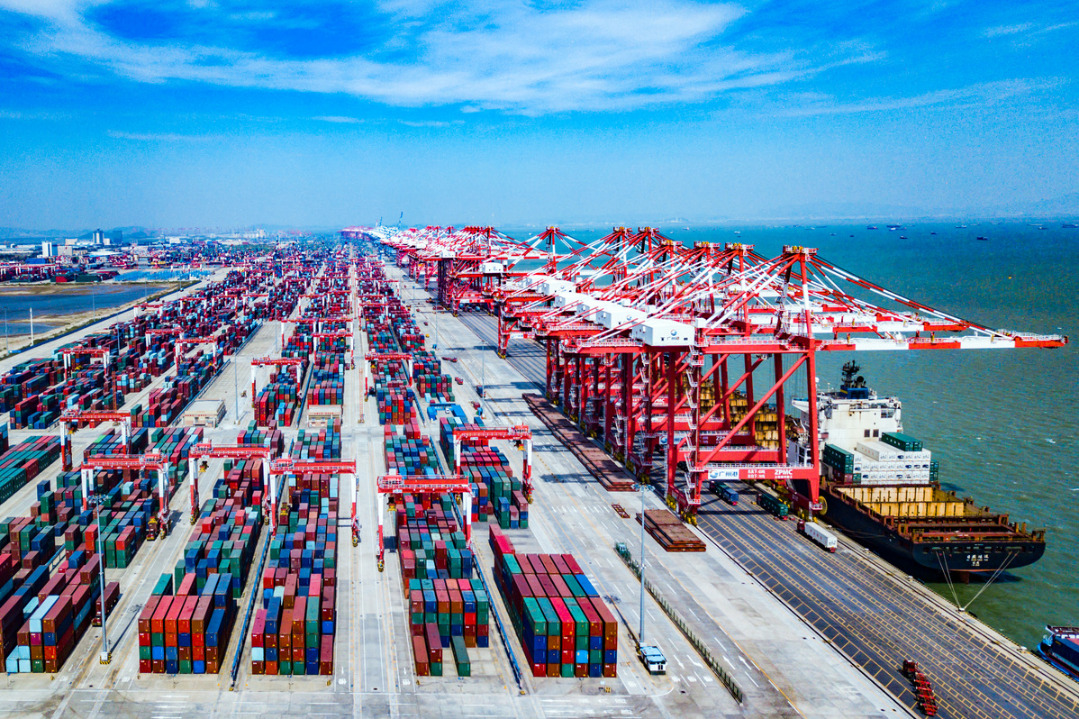Critical ballast for foundering multilateralism: China Daily editorial

Given the close and pragmatic cooperation that has developed between the two countries, it is no surprise that in his telephone talk with new German Chancellor Olaf Scholz on Tuesday, President Xi Jinping should stress the great importance that China attaches to its relations with Germany.
China has been Germany's largest trading partner for five consecutive years, and the two countries see eye to eye with each other on such issues as safeguarding multilateralism and promoting economic globalization. Actually, their mutually beneficial ties have been considered a model for international relations, thanks mainly to efforts made by the two countries' leaders to seek common grounds while reserving differences.
Bilateral relations flourished under former German chancellor Angela Merkel, who visited China 12 times during her 16 years in office. Under her leadership, the two countries established a strategic intergovernmental dialogue mechanism in 2011 to allow officials from the two sides to exchange views regularly, even on thorny issues such as human rights. This makes it possible for Sino-German relations to maintain the momentum of healthy development while exploring new areas of cooperation in such areas as the new energy, digital economy and the service sector.
It is encouraging that Scholz expressed the hope during his phone conversation with Xi that the EU-China Comprehensive Agreement on Investment will enter into force at an early date, which underscores the constructive role he wants Germany to play in promoting relations between the European Union and China.
As Xi observed, in recent years, China-Germany cooperation has always been a "bellwether" of cooperation between China and the EU. Scholz, who served as vice-chancellor and finance minister in Merkel's coalition government, has good understanding of China-Germany relations as well as China-EU relations. The pact, reached in December 2020 after seven years of negotiations, would likely elevate China-EU economic cooperation to a new high. Yet unfortunately, the ratification process has been frozen by the European Parliament because of the allegations of human rights violations in the Xinjiang Uygur autonomous region.
Decades of steady and sound development of Sino-German relations proves the simple truth that both countries have benefited tremendously from their win-win cooperation. As next year marks the 50th anniversary of their diplomatic relations, there are ample reasons to believe that the two countries can, with a spirit of mutual respect and mutual trust, continue to push ahead with their pragmatic partnership that serves their fundamental interests as well as those of the rest of the world.
Characterized by their vitality, endurance, resilience and potential, Sino-German relations demonstrate the benefits of close coordination and cooperation.
?


































